Plants have a unique way of infusing our lives with positivity and vibrancy, and some go beyond mere aesthetics by being considered harbingers of good luck and fortune. During the Chinese Spring Festival, or Lunar New Year, good luck plants gain significant popularity. These fortunate plants are believed to bring positive vibes and protect homes from bad spirits.
Each plant presents distinct opportunities for good fortune. Whether you’re looking for a spiritual plant or a housewarming gift, the list below is worth considering.
#1. Citrus Tree
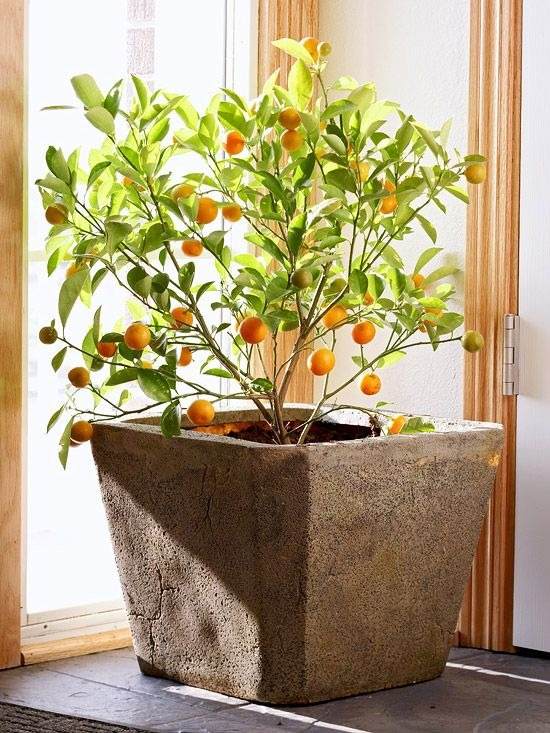
Citrus tree are not only fragrant and beautiful, but they also provide delightful fruit for your family to enjoy. What’s more, all varieties of citrus trees are considered lucky, especially the ones with round and golden fruits, resembling coins that symbolize wealth.
#2. Ginseng Ficus
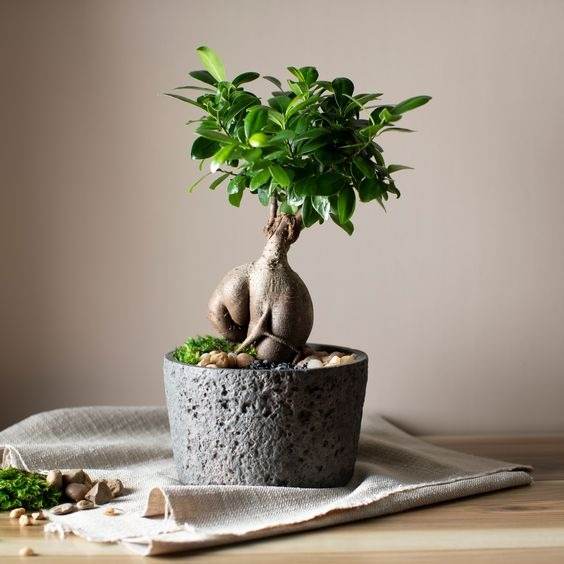
Ginseng ficus is a type of bonsai tree that has a thick, twisted trunk and glossy green leaves. It is considered to be a lucky plant in Feng Shui and other Asian culture and believed to bring positive energy, abundance, prosperity, and harmony to your home or office.
#3. Money Tree
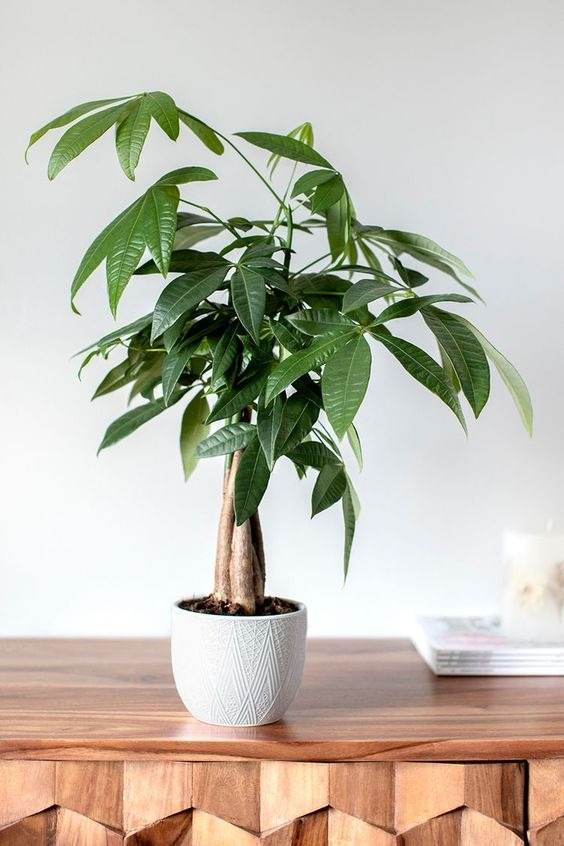
This auspicious plant is particularly effective when placed in the “wealth corner” of your home, which is typically the southeast corner according to Feng Shui. They can also be pruned and trained to create different shapes and styles.
#4. Peepal Bonsai
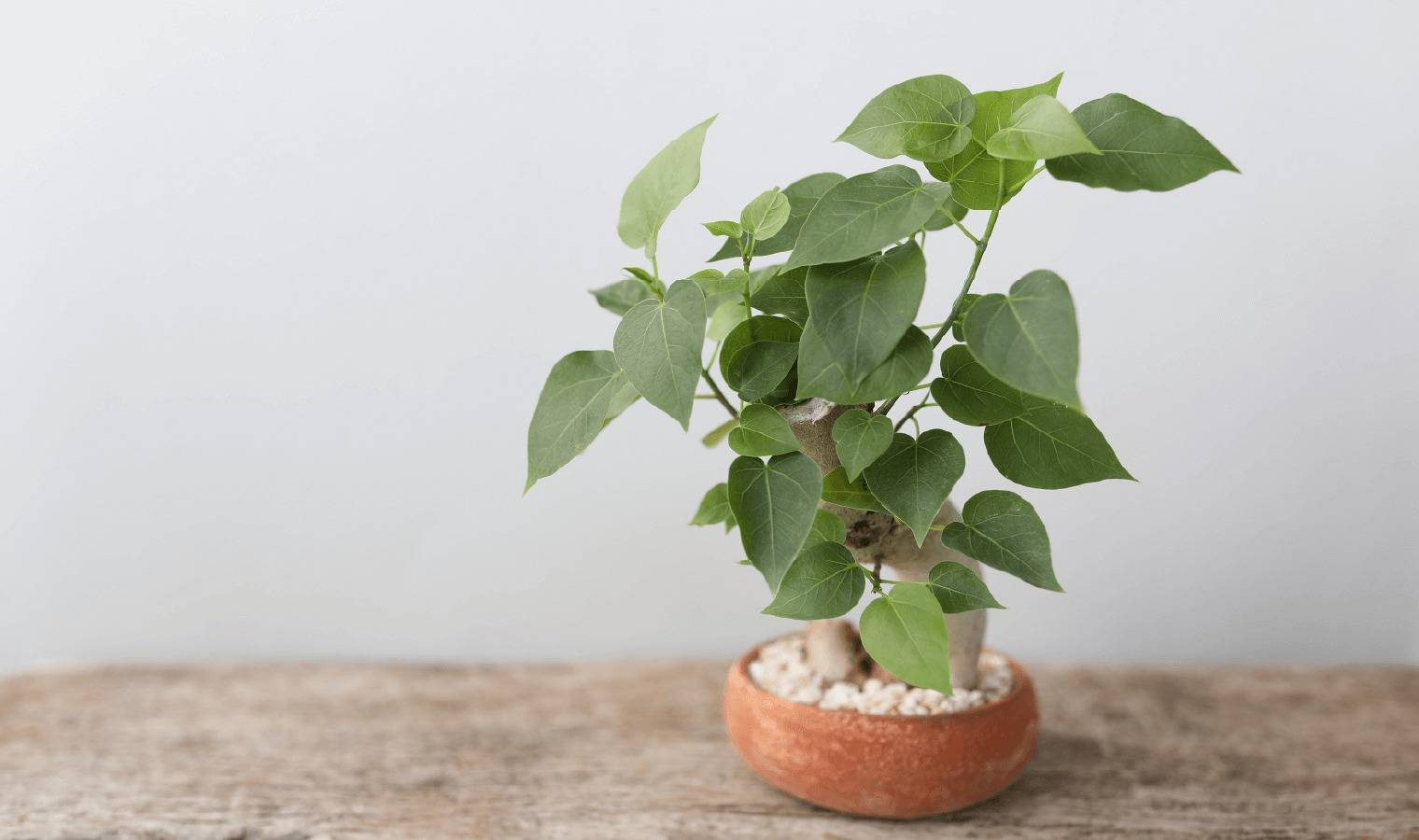
Peepal bonsai is considered to be a lucky plant in many cultures and religions, especially Hinduism, Jainism, and Buddhism. It is also associated with Gautama Buddha, the founder of Buddhism because he attained enlightenment under a peepal tree in Bodh Gaya, India.
#5. Rubber Plant
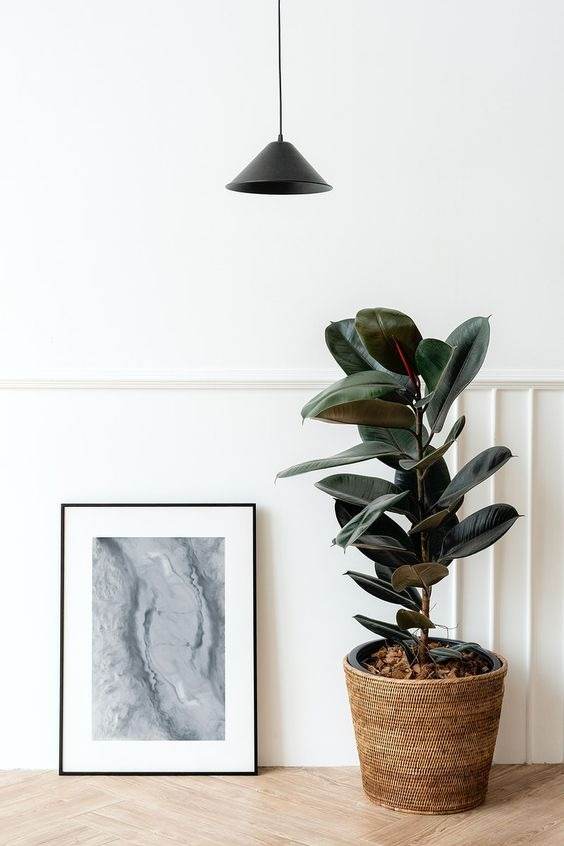
Rubber plant is considered to be a lucky plant in some cultures and traditions. It is thought to draw in good energy and fend off stress, negative emotions, and unwanted visitors.
#6. Adenium
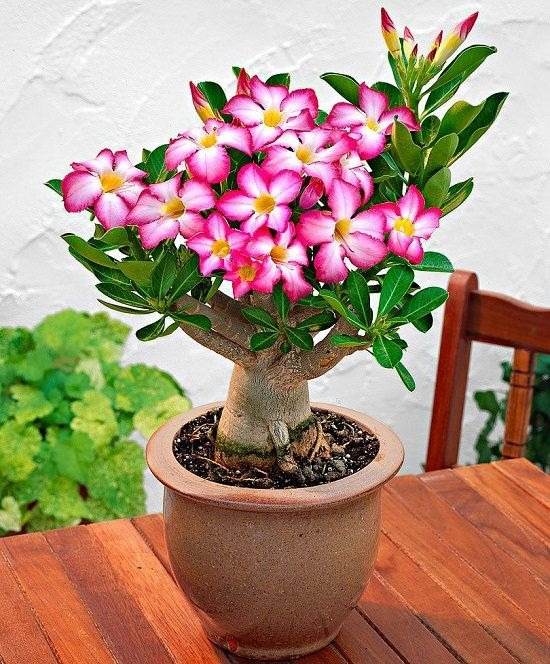
Adenium is also known as desert rose, impala lily, or mock azalea. Its Chinese name means wealthy plant. It is also associated with love and happiness, as its flowers are bright and beautiful.
#7. Eucalyptus
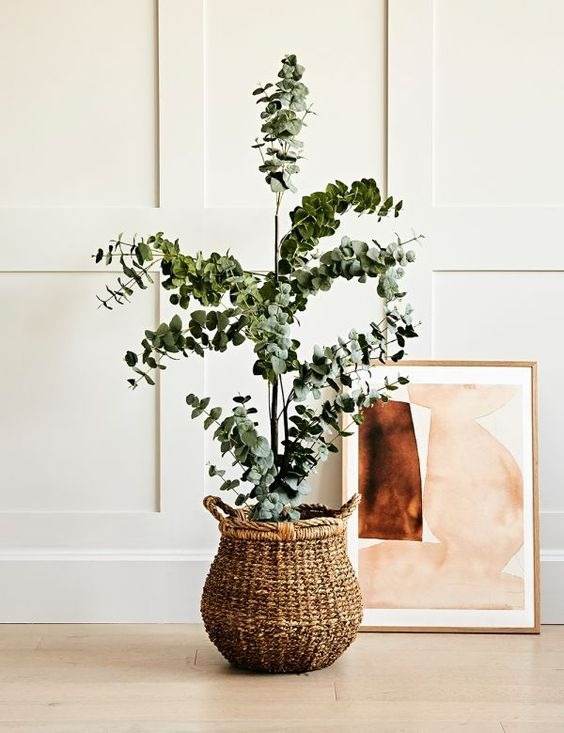
Eucalyptus is a type of plant that has aromatic leaves and oil that are used for medicinal purposes. Because of its scientific name, Eucalyptus globulus, which translates from Latin as “well-born” or “noble,” eucalyptus is also connected to riches and abundance.
#8. Golden Pothos
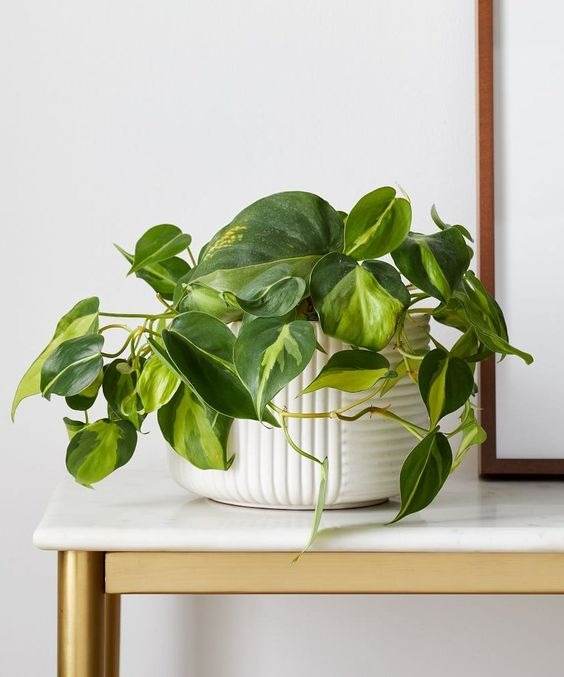
Some people think that golden pothos is a lucky plant that bestows money, prosperity, and luck upon those who own it. Golden pothos is related to the wood element, which is associated with growth and vigor in Feng Shui.
#9. Jade Plant
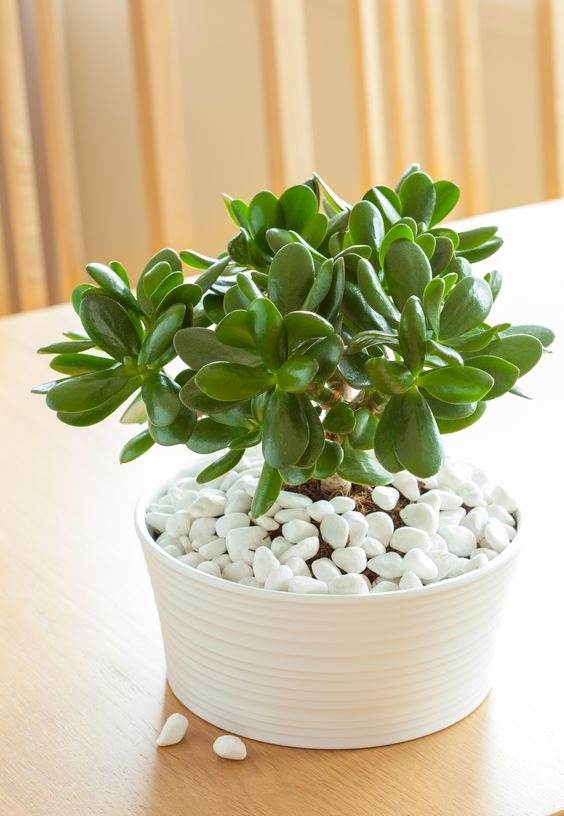
The jade plant is a beautiful and highly symbolic succulent that is often associated with luck, prosperity, and friendship. In some cultures, its coin-like leaves represent wealth and abundance.
#10. Lucky Bamboo
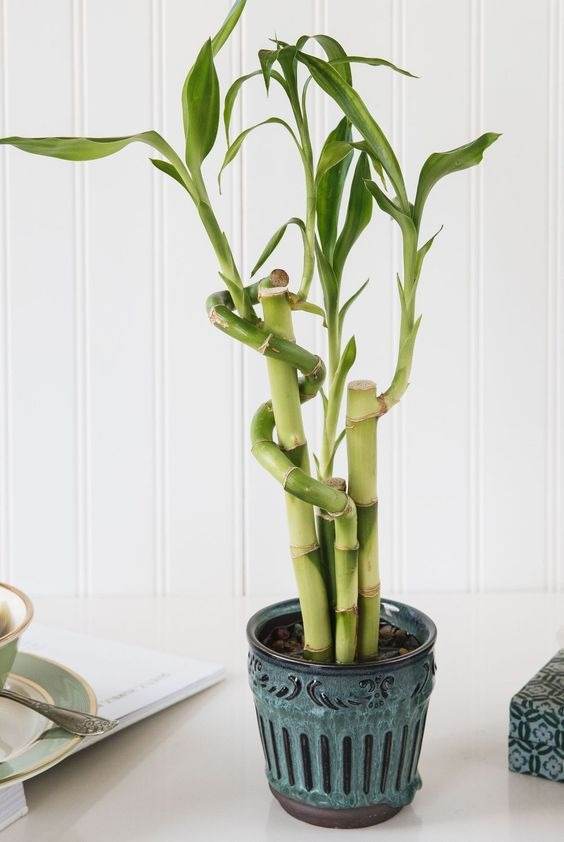
The lucky bamboo can grow in soil or water, and it favors direct, strong light. It is also connected to many meanings according to the number and arrangement of the stalks. Three stalks, for instance, stand for fulfillment, prosperity, and long life.
#11. Snake Plant
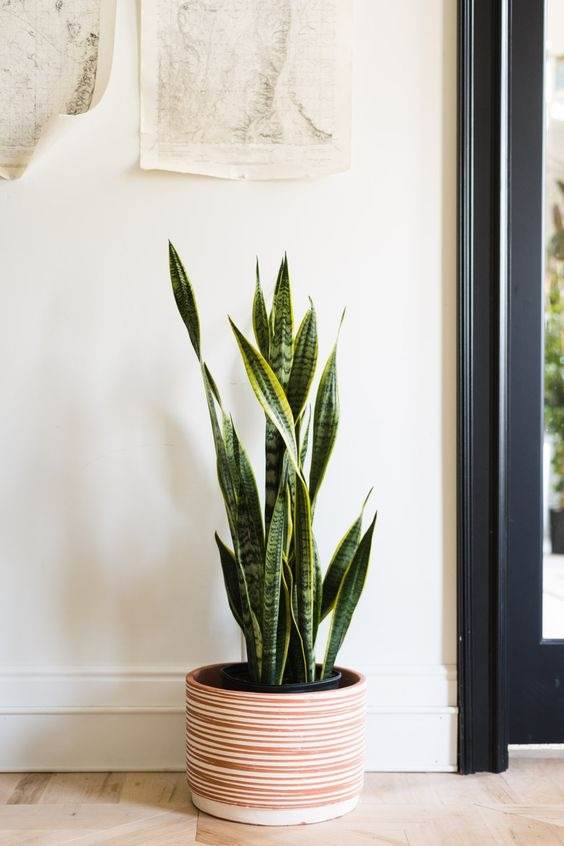
Snake plants are related to the wood element, which in Feng Shui stands for development, wealth, and innovation. Additionally, they believe that snake plants’ pointed leaves can ward off bad luck and evil spirits.
#12. Lavender
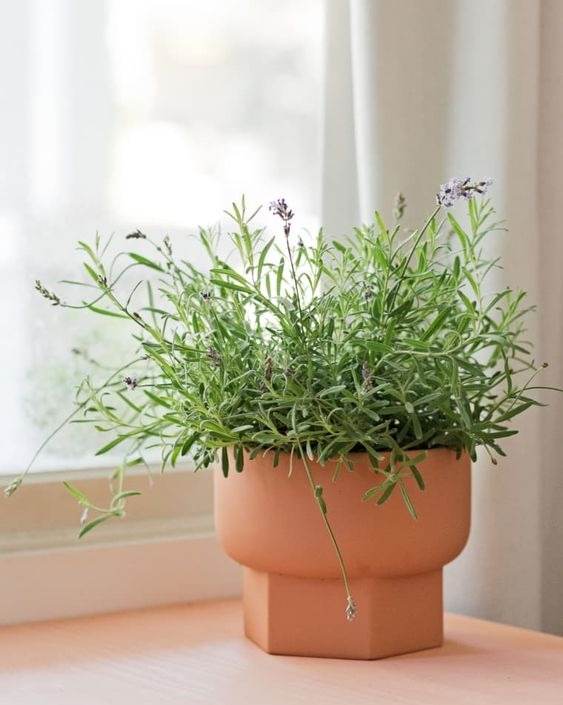
Some cultures and traditions consider lavender as a lucky plant. It is a symbol of purity in Feng Shui and helps to reduce stress relief and relaxation.
#13. Orchid
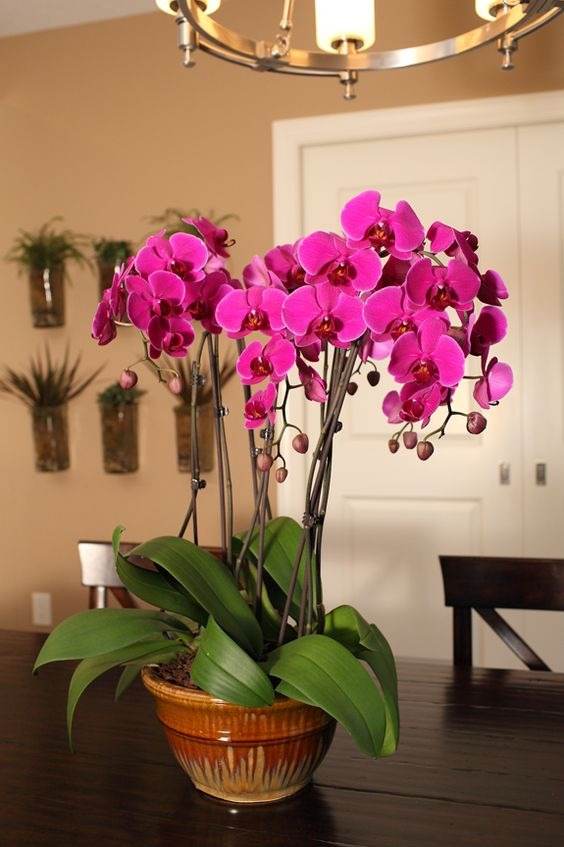
Orchids are often used in Feng Shui, the ancient Chinese art of arranging objects and spaces to create balance and positive energy. They’ re not only lucky plants, but also easy to care for and long-lasting. They can bloom for weeks or even months with proper care.
#14. Peony

Peony is said to attract love and romance. That’s why people often decorate their homes and businesses with peonies or give them as gifts to their loved ones.
#15. Pitcher Plant
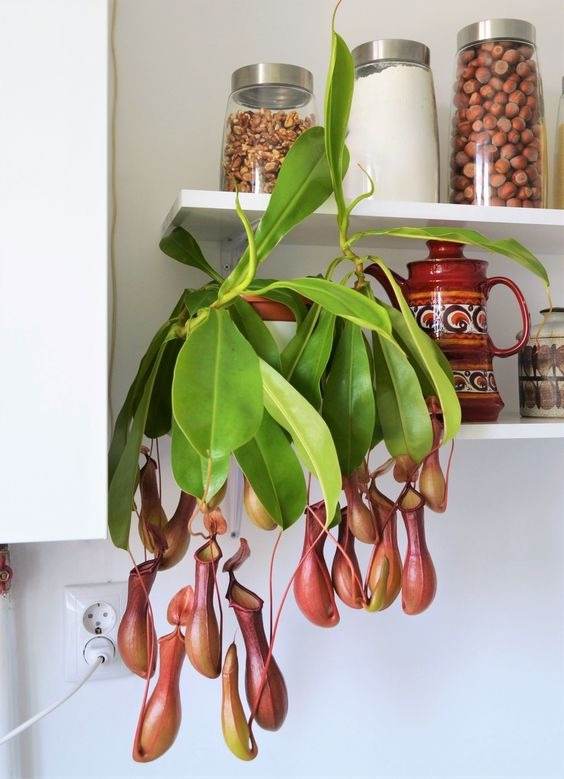
In Chinese, the pitcher plant means “bags of safety or peace.” The plant becomes luckier as it acquires more of its large, pitcher-shaped leaves, which resemble money bags.
#16. Ginkgo Tree
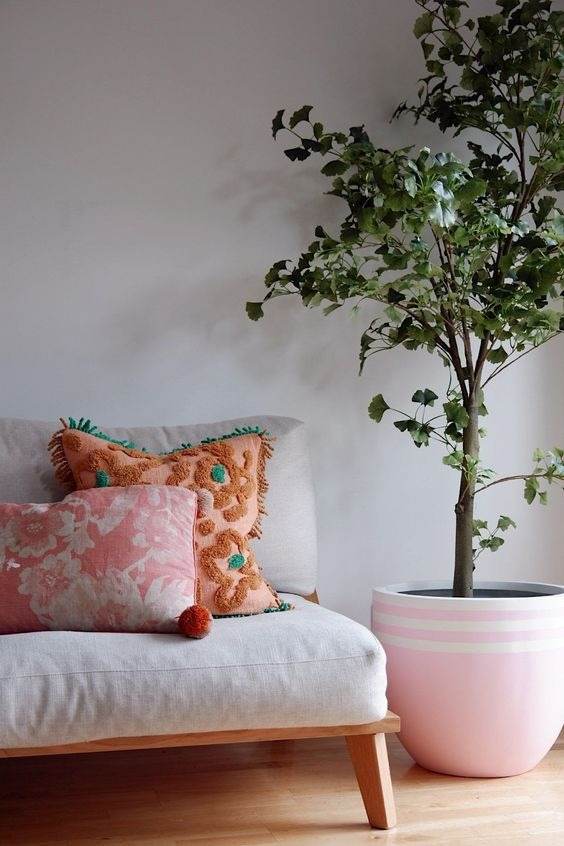
Ginkgo trees, which are indigenous to China, have long been cultivated in temple gardens. They are revered as sacred and auspicious plants that stand for longevity, rebirth, and knowledge.
#17. Fig Tree
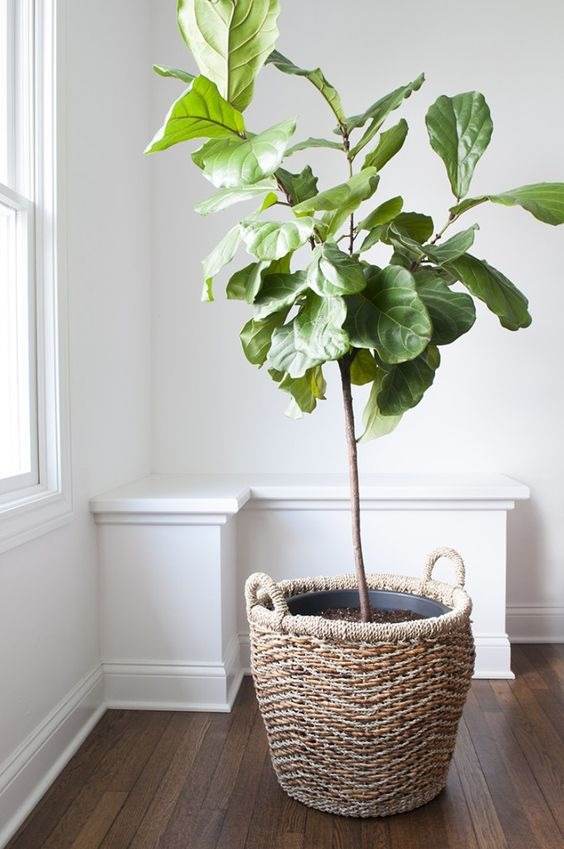
In Feng Shui, fig trees are believed to attract positive energy and balance the elements of wood and water in a space. They also have round, coin-shaped leaves that symbolize money and abundance.
#18. Cypress Tree
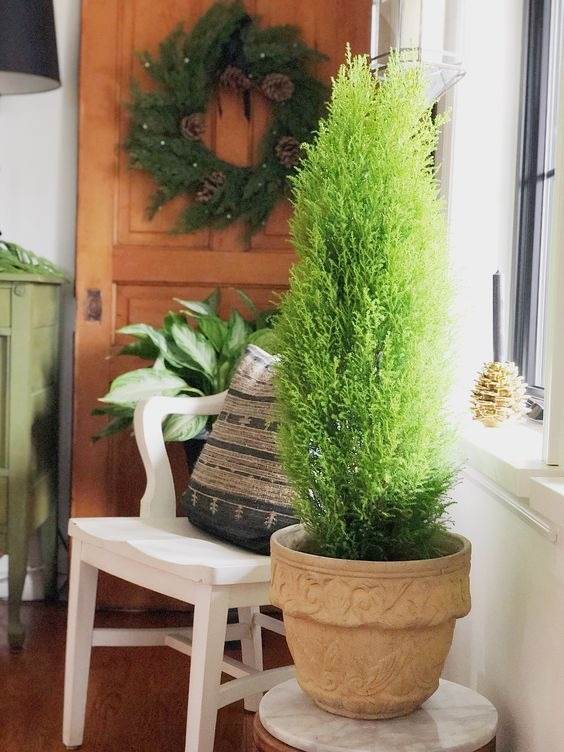
Cypress trees are considered lucky plants in some cultures and religions. In ancient Greece and Rome, cypress trees were sacred to the gods of the underworld, such as Hades and Pluto. In China and Japan, cypress trees are regarded as auspicious plants that bring good fortune and ward off evil spirits.
By incorporating good luck plants into your living environment, you’re embracing a fusion of botanical beauty and positive energy, creating an atmosphere where nature’s blessings flourish and uplift both your surroundings and your spirit. Let us know which plants attract you by leaving a comment below.
